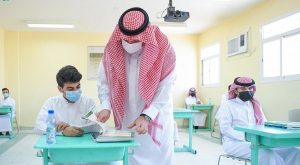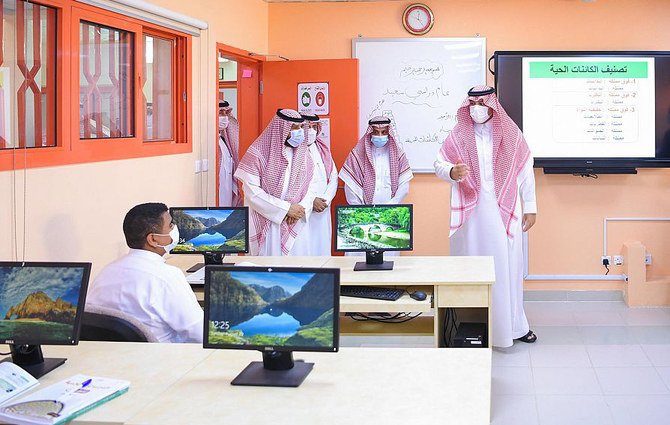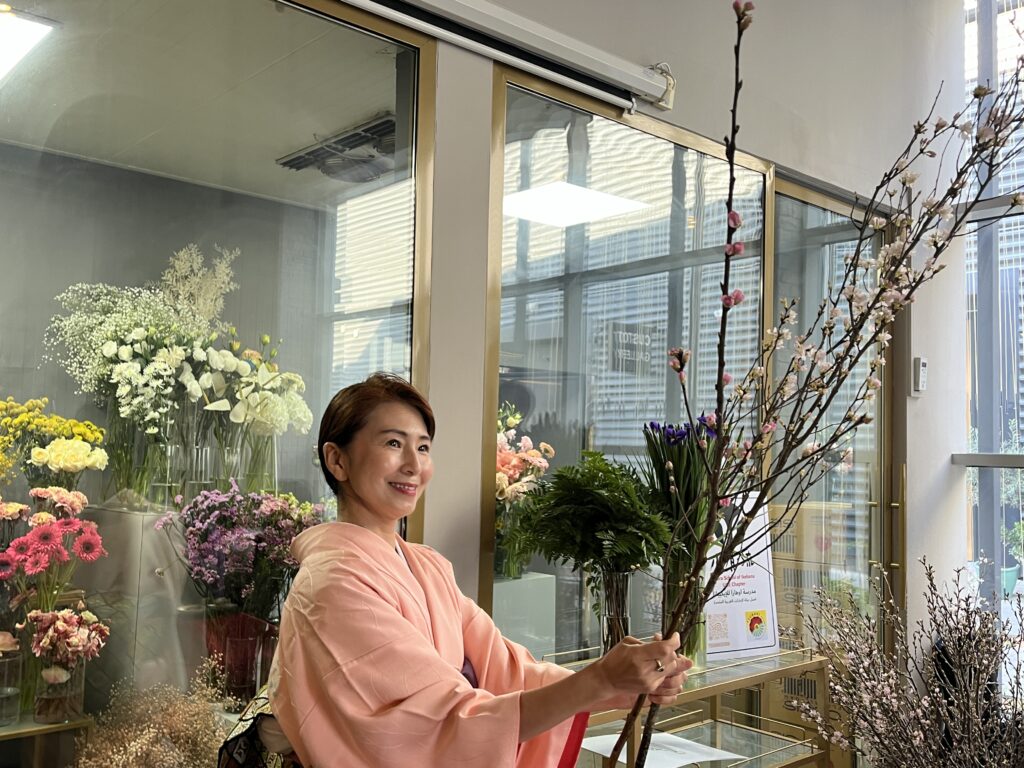JEDDAH: As students leave the comfort of their homes and return to schools for in-person learning, some anticipate challenges for students trying to get back in the right headspace so they can resume their normal lives.
Millions of school students across Saudi Arabia returned to the classroom on Aug. 29 despite coronavirus (COVID-19) still posing a major threat in the country. The Saudi Ministry of Health confirmed 138 new cases on Saturday and seven COVID-19 related deaths.
Before students arrived, however, the Saudi Ministry of Education announced new regulations for students who wished to attend classes on campus.
Only vaccinated students can attend in-person schooling while students who were not able to receive their vaccination doses remain at home as classes are uploaded by their teachers on the ministry-approved Madrasati platform.
Vaccination or not, uncertainty has been felt by parents, education staff, and students alike.
Hafsa Khalid, a 13-year-old student, told Arab News about some of the problems she faced upon returning to her school. Because of the pandemic, she has been out of touch with her friends as many of her former classmates have not come back to the classroom.
“When I returned to school, it felt like I was in a new place altogether,” she said. “One of the comforts of going to school was seeing my classmates, but now a lot of them are gone.”
But since she has returned, Hafsa is trying to stay optimistic and heed her mother’s advice.

“She said to take this as an opportunity, meet new friends and make the most of returning to school,” Hafsa said. “Mama says that these are important years.”
School counselor Hayat Abu-Ghazaleh, 27, highlighted the pressures of adjusting to classroom routines and potential anxieties about being inside classrooms during a pandemic.
“This will depend on how many contacts the students have had with other children,” she said. “They may or may not have issues adjusting to being around others, performing and maintaining friendships.”
Abu-Ghazaleh urged parents to create an open space for their children to talk and express their concerns regarding the shift.
“Parents need to recognize their own limits and take care of themselves as well,” she said. “They do not need to do this alone. They can connect the students with resources whether it is a therapist or a teacher.”
Parents have also been concerned about their children returning to school. Hafsa’s mother, Yasmin Khalid, talked about the underlying issues her daughter has faced and the impact it has had on her.
“I am losing my mind a little bit as I have to look after my daughter’s mental and physical health,” she told Arab News.
“We have to instruct her over and over again to follow the COVID-19 instructions, keep the pressure off her so as to not stress her out while simultaneously look after her grades and secure a future. It is a lot.”
For short-term solutions to sudden bursts of anxiety, the counselor suggested coping strategies like breathing exercises or talking to a trusted individual during a potential panic attack.
When it comes to long-term anxiety management, students should stick to their self-care routines, like seeking help when they feel that they can not handle a situation or talking to people around them.
Academic organizations play a big role in the management of students’ mental health, Abu-Ghazaleh said. To play their part, the schools should hire counselors and therapists, and allow the students time to readjust.
“We all need to adjust our expectations of where students will be academically and behaviorally,” she said.
“We have to be compassionate with ourselves and others of the collective trauma we have been through and continue to go through. Some have been affected more than others and schools, teachers and administrators should take that into consideration.”






















